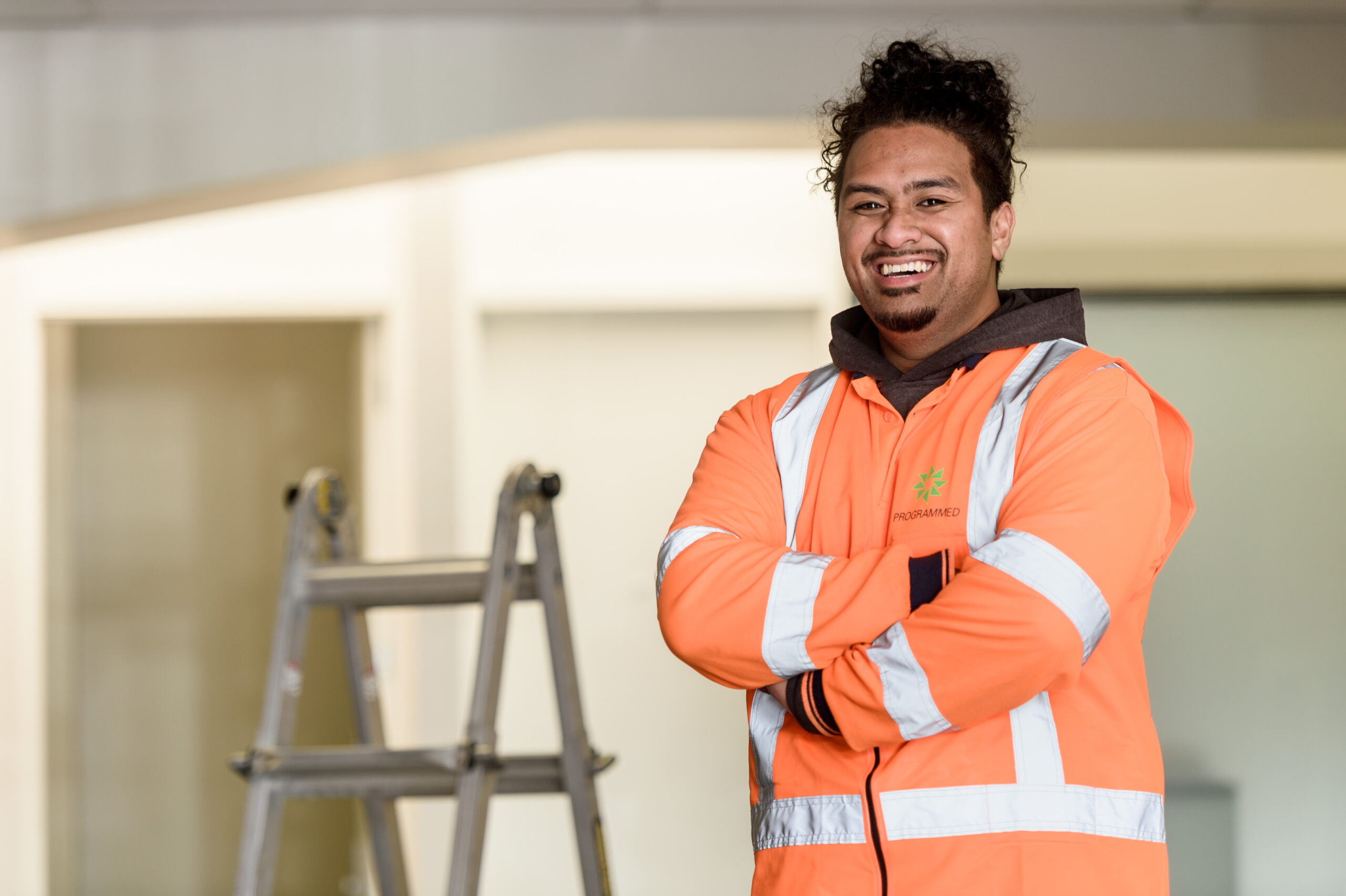Improving gender balance in the workplace is a focus across nearly the entire economy. In financial services, an effort is underway to increase the number of women on superannuation boards. In the political class, the Labour Party aims to reach 50 per cent of women as MPs and Senators by 2025. But when it comes to the trade industries, female participation rates are so low that reaching gender balance ratios seems an impossible task.

According to 2016 figures from the Workplace Gender Equality Agency, women comprise less than 40 per cent of the workforce among trade industries like electricity, water and gas, agriculture, forestry and fishing. Figures from Women NSW in the last five years shows that in occupations such as gardening, telecommunications and electronic trades, female participation is as low as 14 per cent, 4.5 per cent, and 3.3 per cent respectively. Female participation rates among painters are too low to be recorded. In Western Australia, just 3 per cent of electrical apprenticeships are taken up by women.
Programmed has taken on the challenging task of improving the rate of female participation within our trade workforce. We see this as an opportunity capable of delivering multi-faceted benefits to society, individuals, Programmed, as well as our customers.
Our specialist delivery of property maintenance (grounds, signage and painting maintenance) as well as technology solutions (audio visual, sustainability and data communications) will be improved by the skills, perspectives and capabilities women bring to such tasks. Their talents and insights will be innately different from that of males.
The combined Programmed team, and the diversity of competencies, standpoints and distinctiveness that ensues, will equip us to meet the needs of our customers in a significantly more superior manner.
It is also this provision of specialist maintenance services that affords us the most appropriate means of facilitating change: through raising the female employee quotient within our trades teams.
We spoke to three female employees in electrical, grounds and painting on their current careers. Each one pointed to their positive experiences working for Programmed as proof that women can have a flourishing career in trade industries.
A unique theme amongst the three, Emily Mendoza, Korinda Riddington and Cherrie Benson, was the job satisfaction and welcoming environment they received as a female in a trade role with Programmed. All three women believed that there was a place for females in the trade industries, and acknowledged the different strengths women brought to the job.
Particularly, in their time with the company, they noted the lack of gender stereotypes. Despite each one of them being with a different part of the business – Emily is an electrician, Korinda a gardener and Cherrie a painter – all agreed how tangible a feeling it was when a company genuinely sought to increase female participation in such roles. Apprentices feel safe, operate in a professional environment, and draw great job satisfaction from each day’s varied, challenging work, they said.
Korinda, Cherrie and Emily also noted the opportunities they had to improve their training and skills. As part of their time with the company, Programmed had provided them pathways to achieve multiple licenses in their field of expertise.
Barriers to improving female workforce participation occur before the applicant has even applied for the job. In male-dominated trade industries, job advertisements may be unconsciously skewed towards men through gendered, masculine language. Using language which emphasises strength, endurance, and ambition could attract more men to a role than women, even when a business is open to attracting women to a role. Using language which emphasises empathy, loyalty and sensitivity will have more of an impact attracting women to a role.
Many businesses may struggle to hit targets to improve gender balance ratios, whether by a dearth of applicants, or because they lack clear strategies to lift female participation. Programmed works with businesses on this to engage female trade workers on customers’ properties, boosting the on-site gender balance ratios.
In a field where males traditionally dominate the trades, Programmed is ideally placed to be an example for other companies grappling with this challenge. Join Programmed and lead your industry towards a gender balanced workplace.




